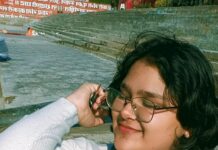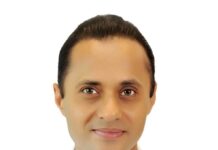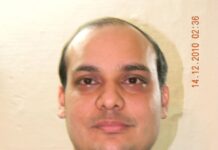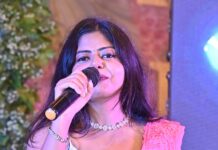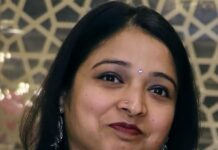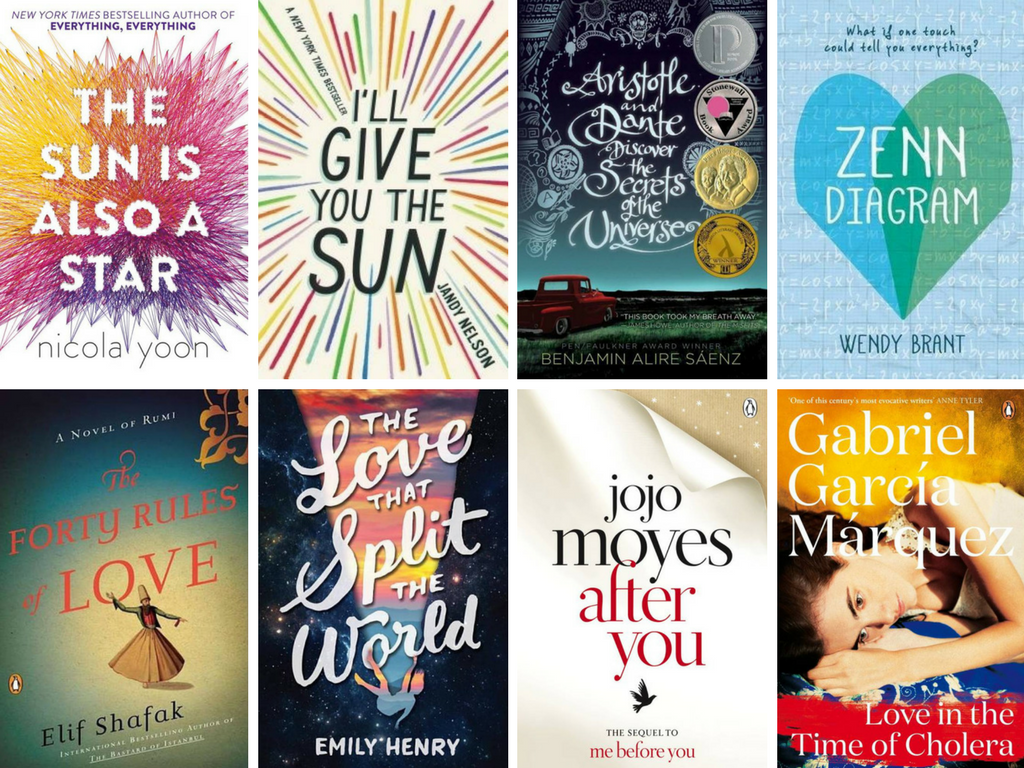Ashwin Sanghi is among India’s most famous authors. His style of writing mythological and political thrillers have made his books favorites of readers across the world. We recently got a chance to catch up with him. Here are select excerpts of the interview:
How did you go about the research necessary to write a book like Keepers of the Kalachakra?
Ashwin: Keepers of the Kalachakra was probably my most intense book. The primary challenge was that I had very little idea of quantum theory having not been a student of science. The other challenge was understanding the overlap between quantum theory and the Upanishads. I ended up reading more than forty books over a year just to get my head around the material. In addition to the reading were interviews and discussions with engineers and spiritualists.
I ended up reading more than forty books over a year just to get my head around the material.
Did you always plan on being a writer?
Ashwin: Not at all. My passion for reading was ignited when my maternal grandfather would bombard me with books that were far ahead of my time. He would insist that after reading every book I must write a letter detailing what I liked and what I didn’t. That was the genesis. But the spark happened much later. I was in Srinagar and ended up visiting the tomb of a Muslim Pir. The shrine is called Rauzabal or “Tomb of the Prophet”. Local land records acknowledge the existence of the tomb from AD 112 onwards. The sarcophagus at Rauzabal has been placed along the north-south axis according to Muslim custom but the true burial chamber beneath reveals that the grave of Yuz Asaf lies along the East-West axis as per Jewish custom. A carved imprint near the sarcophagus of Rauzabal shows a pair of normal human feet that bear crucifixion marks on them. I was fascinated with the notion that the man buried in the tomb could possibly be Jesus Christ. This led to my first book, The Rozabal Line.
What is the most challenging part of writing a mythological thriller?
Ashwin: It is challenging to the core. From my first book, The Rozabal Line, I have realized that not every thriller thrills in the same way. A crime thriller manufactures thrills through the anticipation of a murder. An espionage thriller creates thrills through the possibility of the spy being discovered. Historical, mythological or theological thrillers build thrills by peeling away layers to reveal connections. This obviously implies presenting information that is new and exciting. The conflict between story and research is ever present. I had to leave out a third of my research to accommodate the story but there were tantalizing bits of research that I simply could not leave out. This has always been the key challenge—the balancing of story and research. Also, each book in my Bharat Series engages a different type of reader. Those who liked The Rozabal Line and The Krishna Key are loving Keepers of the Kalachakra because all these books have abundance of research and connections. But Chanakya’s Chant was much more of a story and those readers appreciated The Sialkot Saga much more. Thus every book is a challenge because I know that I will be putting one segment of my readers first and another segment will be disappointed.
My passion for reading was ignited when my maternal grandfather would bombard me with books
What kind of books do you like to read?
Ashwin: It’s difficult to say because I grew up reading both classics as well as potboilers. My spiritual sense is influenced by Paramahansa Yogananda, my love for fast pace and racy plots is influenced by Jeffrey Archer and Frederick Forsythe, my fascination with historical retelling is inspired by Dominique Lapierre, my passion for research is fuelled by Arthur Hailey and my Indianness of voice is influenced by Salman Rushdie. The truth is that I was brought up on a diet of commercial fiction and thrillers for most of my growing years: Jeffrey Archer, Sidney Sheldon, Robert Ludlum, Frederick Forsyth, Irving Wallace, Jack Higgins, Tom Clancy, Ayn Rand, Ken Follett, Arthur Hailey… the list is long. In the past decade, Dan Brown, John Grisham, Stieg Larsson, Ian Rankin and countless others were added to my list of favourites. Increasingly I find that I am reading much more non-fiction than fiction. Some of my favourite non-fiction authors are Gary Zukav, Richard Dawkins and Brian Weiss.

What are your favourite 5 books?
Ashwin: Autobiography of a Yogi by Paramahansa Yogananda; The Art of War by Sun Tzu; Kautilya’s Arthashastra translated by L. N. Rangarajan; Freedom at Midnight by Larry Collins and Dominique Lapierre; One Hundred Years of Solitude by Gabriel García Márquez.
What projects are you working on now?
Ashwin: The topics covered until now in the Bharat series include theology, politics, mythology, history, business, science and philosophy. The next book could be on any of these. Or it may be something entirely different. I have three alternative ideas that I’m exploring and haven’t made up my mind as yet regarding which one I’ll run with. In the meantime, I’m polishing and editing three books in the 13 Steps series.
How important is marketing for a new author? Is it good enough to write a fine book and sit back or you must put efforts to get noticed?
Ashwin: Very important. There has always been a bit of elitism in the writing world… authors are not expected to sell their books. Frankly, why should you invest two years in writing a book if you are not going to market it? I tend to get my hands dirty in every aspect including cover design, video trailers, social media, distribution and promotions. This has only been possible because I have been used to doing all of that in my business avatar. I often joke that a decade ago, I was a businessman trying to be a writer; now I’m a writer trying to be a businessman!


